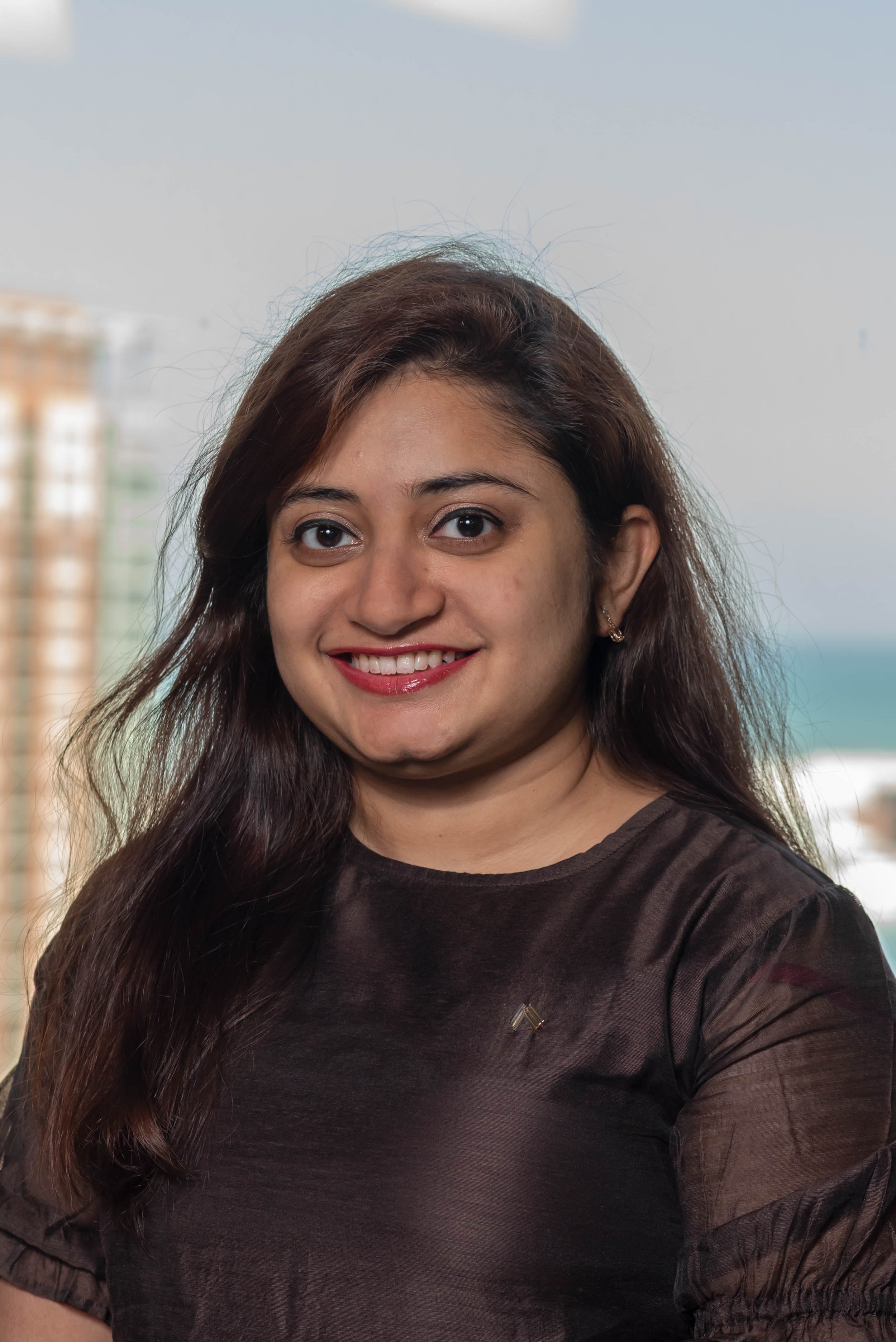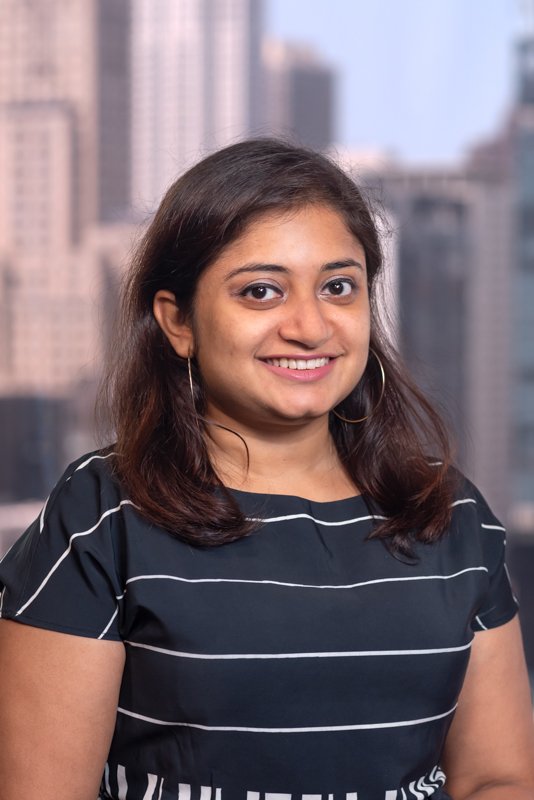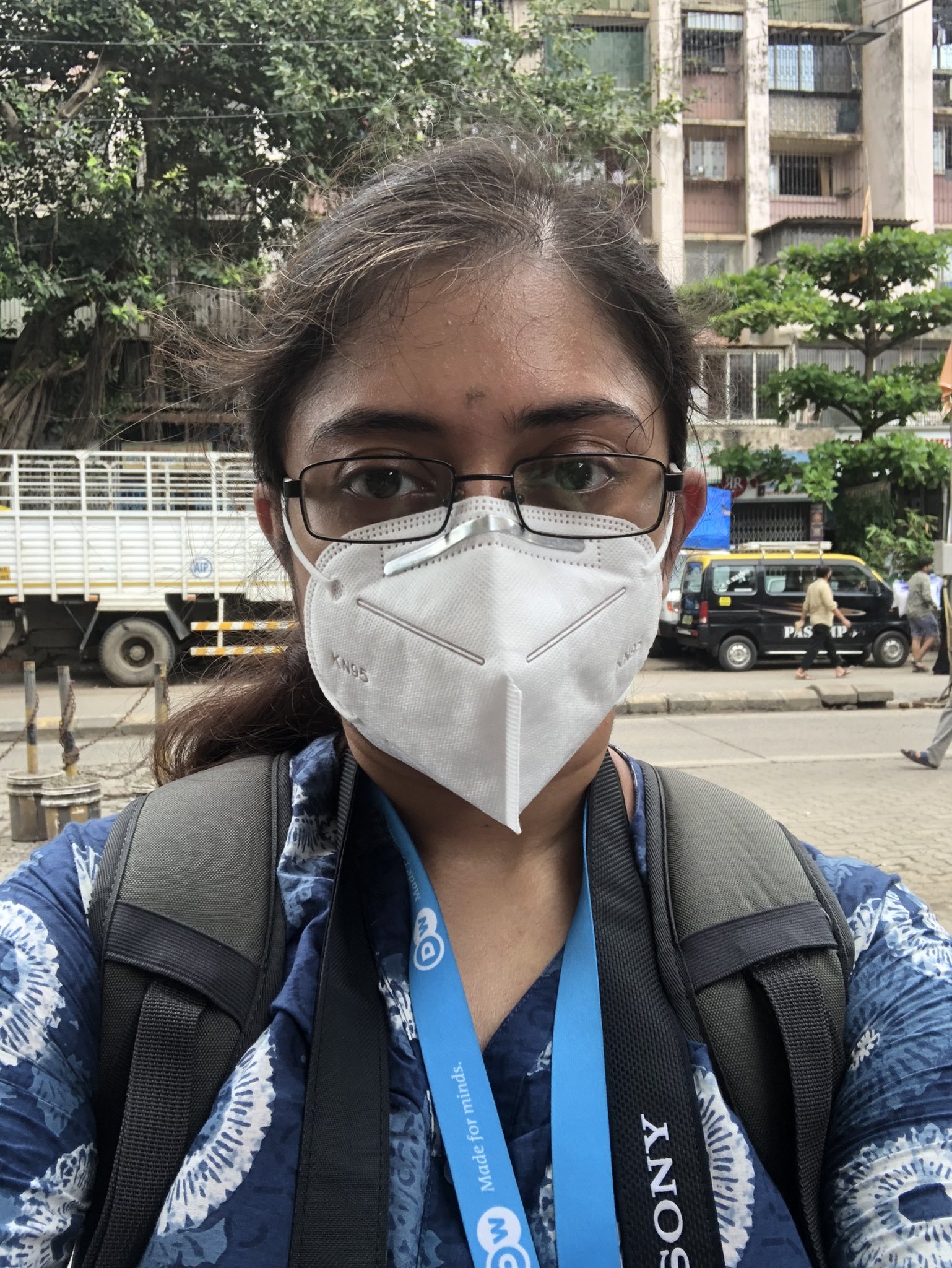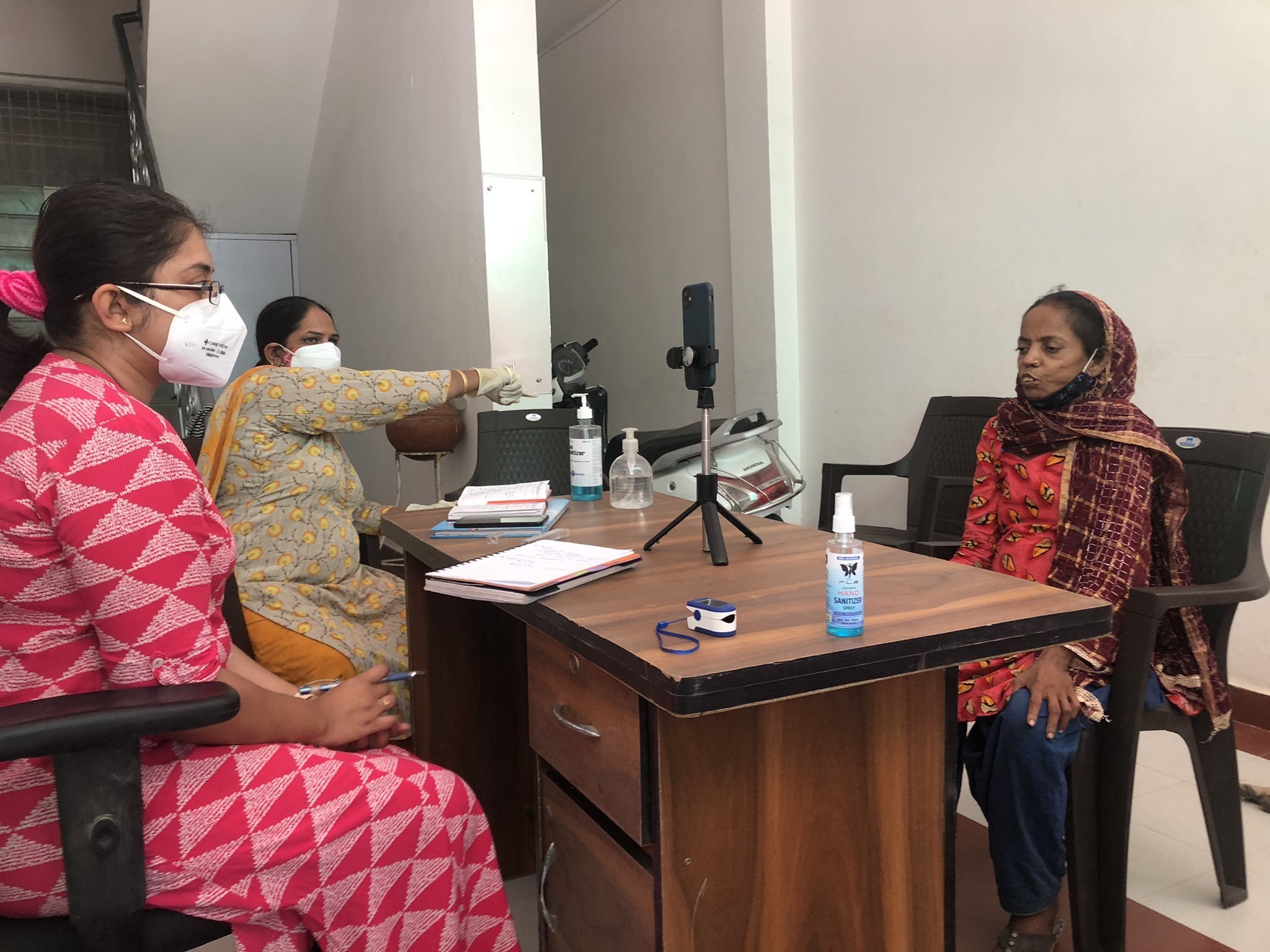AFPC-USA Names Ankita M. Kumar a 2023 Professional Excellence Awardee

Ankita M. Kumar is an award-winning Indian journalist based in the San Francisco Bay Area. She has previously worked for POLITICO, Deutsche Welle (DW) and The Economist Group. Ankita is the recipient of several fellowships to support her reporting on India.
Ankita M. Kumar
In 2023, Ankita directed a documentary, Far from Home, set to premier at the Amdoc Film Festival next year. The documentary is funded by the Pulitzer Center on Crisis Reporting and the American Institute of Afghanistan Studies (AIAS). Her articles have been published in several Indian and international publications, such as The Wire, Outlook, Deutsche Welle, and the San Francisco Chronicle.
Ankita holds Master’s degrees from Northwestern University's Medill School of Journalism and the London School of Economics (LSE) and a Bachelor's degree from Lady Shri Ram College (LSR), University of Delhi.
The following interview has been condensed and edited for clarity.
What was the primary reason you chose to pursue your master's studies in the United States as a foreign journalist?
When I first became a journalist, I didn't have any formal training in the profession. I learned everything pretty much on the job. However, at the back of my mind, I always wanted to perfect my craft and become a more conscientious journalist. So, when the opportunity opened up, I grabbed it and pursued a Master’s in Journalism from Northwestern University. I now belong to an amazing network called the 'Medill Mafia' and it feels so good to be part of this big family!
You’ve received a Professional Excellence award from the Association of Foreign Press Correspondents in the United States (AFPC-USA). How did you feel about this recognition?
I am grateful and so excited! I still can't believe it and have to pinch myself occasionally. I am grateful that I was recognized for a story close to my heart - the story of my grandmother's struggle to fit in India. My grandmother came to India as a refugee and never got the opportunity to complete her schooling or pursue her dreams. Her granddaughter is now an international journalist and won an award from the AFPC. I am sure she's looking down right now and is so proud of me!
As a journalist, how do you expect your studies and the support from AFPC-USA to help you advance your career?
Both my studies and the support from the AFPC-USA will enable me to tell stories that matter. I grew up seeing great inequity in my family and my desire was always to tell stories that will elevate those on the margins of society. I would like to continue helping people through my storytelling and speaking up for the truth.
Why do you think the work of AFPC-USA is important and what are your thoughts on its impact on the journalism field at large?
The AFPC-USA's work is critical at a time when foreign journalists across the world are being persecuted for speaking up against barbarian governments. Journalists need support to hold people in power accountable and uphold the fourth pillar of democracy. This award has empowered me to keep doing what I'm doing and I am sure my fellow journalists will agree that we need this affirmation on a regular basis because of the nature of our job!
What made you decide to become a journalist? How do you hope to make an impact in the journalism field of your country of origin?
I am a vocal woman in a society where women are not appreciated for speaking up. My passion for speaking the truth motivated me to become a journalist. Journalism in India is currently under threat from private enterprises and forces within the government that don't like being held accountable. I hope to one day start my own news company that will give people access to news and the truth. Till then, I hope to keep reporting on stories that bring people's attention to system inequities.
What is the state of press freedom in your country of origin and how do you hope that your work will encourage more people to access independent and credible information?
Press freedom has steadily declined in India over the last decade. Journalists are no longer seen as trustworthy sources of information. We have an information epidemic in India, where people are now believing news circulated on social media channels like Facebook and WhatsApp and there are active campaigns to tarnish the reputation of journalists who speak up against the government. I recently pivoted towards video because I realized that my work has to reach people on all mediums. I hope to continue working across mediums - online, print, audio and video - to get my voice heard to more people and encourage them to believe credible sources of information. Support from organizations like the AFPC-USA will solidify my credibility and enable me to independently pursue projects that will bring the real, underreported India to the people.
What do you think is the greatest threat to journalism today?
The greatest threat is definitely the lack of trust of the public in journalists. We do our work for our audiences, so it's necessary that they consider us unbiased sources of information. Unfortunately, with the advent of social media channels and active campaigning by some political forces, journalists are now seen as taking sides. We have to resolve this identity crisis and go back to doing what we did best - report the news. We have to resolve internal conflicts in the newsroom and look beyond the spectrum of what the government expects of us. We are ultimately doing our job for the people. The day we remember that will be the day we will regain trust from our audiences.
Alan Herrera is the Editorial Supervisor for the Association of Foreign Press Correspondents (AFPC-USA), where he oversees the organization’s media platform, foreignpress.org. He previously served as AFPC-USA’s General Secretary from 2019 to 2021 and as its Treasurer until early 2022.
Alan is an editor and reporter who has worked on interviews with such individuals as former White House Communications Director Anthony Scaramucci; Maria Fernanda Espinosa, the former President of the United Nations General Assembly; and Mariangela Zappia, the former Permanent Representative to Italy for the U.N. and current Italian Ambassador to the United States.
Alan has spent his career managing teams as well as commissioning, writing, and editing pieces on subjects like sustainable trade, financial markets, climate change, artificial intelligence, threats to the global information environment, and domestic and international politics. Alan began his career writing film criticism for fun and later worked as the Editor on the content team for Star Trek actor and activist George Takei, where he oversaw the writing team and championed progressive policy initatives, with a particular focus on LGBTQ+ rights advocacy.




